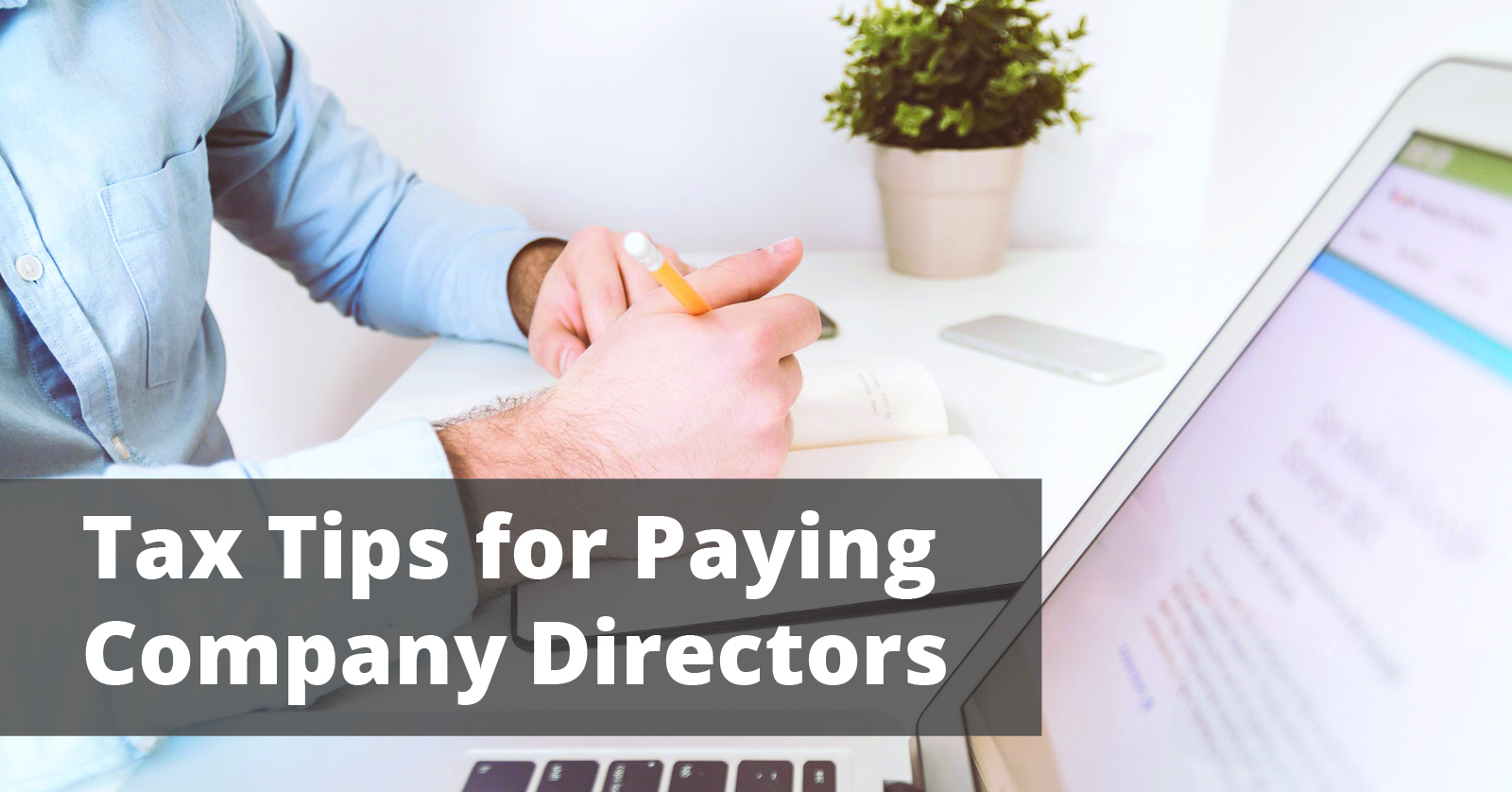Income Tax :
£100,000. For 2019/2020 tax year the first £12500 of income received by all company directors is free of tax. This is known as the personal allowance.
The personal tax-free allowance is subject to an income limit of £100,000. Above this amount it is reduced by £1 for every £2 for every £2 of taxable income. Taxable income broadly means all your income before tax but after allowable deductions and reliefs.
£150,000 mark. On 6th April 2010 saw the introduction of a new additional tax rate of 50% which applied to taxable income above £150,000. This additional tax rate still applies for 2019/20 but was reduced to 45% with effect from 6th April 2013.
Income Tax Bands: 6th April 2019 – 5th April 2020
- £1 ( after personal allowance ) – £37500 at 20%
- £37500 – £150,000 at 40%
- £150,000 and upwards at 45%
Dividend Rates:
A major reform to the taxation of dividends took effect on 6th April 2016 but different rates of tax continue to apply to dividend income compared with other income.
Dividend Tax free Allowance :
In tax year 2019-20 there is a tax free amount of £2000 on the distribution of dividend income. After this amount the following rates apply.
- 5 % Basic Rate up to £35000
- 5% higher rate up to £150,000
- 37.5% additional rate from £150,000.
Pension Contributions Made by A Director
As Manchester Accountants we explain the following in relation to pension contributions. The rules regarding tax relief for pension contributions have varied considerably and on several occasions over recent years, but thankfully seem to have settled for now.
Individuals can contribute to a pension scheme up to the level of their net relevant earnings. Net relevant earnings are income from employment after related expenses including directorships and self employed profits. However, where these exceed the pension annual allowance set up by the government a special tax charge applies known as the annual allowance charge.
The annual allowance is £40,000 but it can be reduced in two situations: by £1 for every £2 that your taxable income exceeds £150,000, but not to less than £10,000 and to £10,000 where you have drawn from one or more or your “money purchase” type pension funds under the new rules which were introduced in April 2015. Contributions made by employers to a money purchase pension scheme count towards your pension annual allowance. However, employers’ contributions are not limited by your Net Relevant earnings.
Where the allowance isn’t fully used for one year, the unused part can be carried forward and used in any of the next three years. However, this does not apply if your annual allowance has been reduced to £4000 because you have drawn from a money purchase pension fund. In effect, the annual allowance tax charge equates to the higher rate tax relief an individual received for their pension contributions they or their employers paid above the limit.
Example:
Barry has earnings of £110,000 for tax year 2018/19. His pension contributions for the year are £80,000. He has no unused annual allowance to bring forward from earlier years and so an annual charge on £20,000 is payable. Because he has received higher rate of 40% of tax relief on the whole £80,000 of contributions the amount of the annual charge is £8000 payable. This is the excess contributions of £20,000 * 40% which equates to £8000
Tax Tips by the leading firm of Manchester Accountants.
There is an exception to the general rule that you are limited to paying pension contributions up to the level of your Net Relevant Earnings for a year. Anyone, whether they have net relevant earnings or not, can pay, or have paid on their behalf, up to £3600 per year into a pension scheme which is actually a payment of £2880 plus 20% tax relief £720. Total amount: £3600.00
Pension Carry-Forward Relief.
Where you do not use all your annual allowance for a year it can be carried forward and used in any of the following three years
TAX TRAP:
Carry forward of your annual allowances is only permitted for a year you were a member of a pension scheme. Pension contributions are set against the current year’s annual allowance first, then the earlies of the three prior years, then the second and finally the year immediately before the year in which the premium in question is being paid.
How to Maximise Tax Efficiency on Income
A simple answer to avoid the higher and additional rates of tax would be to keep your income below the £100,000 and £150,000 limits respectively. While directors are in a better position than most to control how much and when they receive their income, it’s not always easy or even possible to limit income. However, there are a number of methods that you can consider.
Timing Your Income
One way to avoid higher rates of tax, at least temporarily, is to deter your remuneration. Ultimately, this tactic can also reduce your tax bill by allowing you to draw it at a time when your overall income means that you are liable only at the basic 20% rate.
Deferring Salary
Putting off salary increases and rolling them up to draw later means you will defer the corresponding tax and national insurance.
Tax Tips by: Salford Tax Specialists
If there are other directors of the company, take the salary increases agreed, but only notionally, for example roll them up so that they form a higher notional salary on which the next pay rise will be based. Keep a record of the terms of your deferred salary increase such as minutes of a board meeting, to ensure you and your colleagues do not lose track of what you are owed.
Salary Sacrifices
Salary sacrifice involves exchanging part of your salary for a benefit in kind, preferably one which is tax free. The effect is that you can receive the same value, but with less tax and National insurance to pay. With effect from 6th April 2017 new salary sacrifice schemes are only available for a very limited range of benefits:
- Pension Contributions
- Pensions Advice
- Childcare
- Cycle to work bikes and cycling equipment
Example
Jane is a director shareholder of ABC Ltd. Her annual salary is £125,000. This is her only income. For 2018/19 she would pay tax on all of this: she would not be entitled to a personal allowance because of the level of her income. She sacrifices £25,000 of her salary in exchange for ABC ltd paying an equal amount into a pension fund for her. Pension payments by a company are not taxable as income on the director for whom they are paid. This saves Jane £4740 in tax ( £11850 * 40%, because Jane’s taxable income is reduced to the level where she is entitled to the full personal allowance) and £500 in National insurance ( £25,000 * 2% ). As the pension payment isn’t liable to National insurance at all ABC also saves employers contributions of £3450 ( £25,000 * 13.8% ).
Salary sacrifices involving certain employment related expense payments (rather than benefits in kind) became ineffective for tax purposes on 6th April 2016. This applies to travel expenses for journeys between an employee’s home and their normal place of work. The definition of normal place of work has been amended to include temporary places of work where the employee is working under an overarching contract or IR35 applies to the income.
Inter-spouse share transfers
Gifts of assets between spouses/civil partners has long been an efficient way of mitigating inheritance tax and capital gains tax bills. Now, and since the landmark House of Lords decision in the Artic Systems case, you should consider giving shares in your company to your spouse or partner if they currently , or might in future, pay tax at lower rates than you. Where, as a result, dividends are paid to them this will lower your joint tax bill. As accountants in Manchester we highly recommend you review this closely.
SUMMARY OF KEY TAX SAVING TIPS FOR DIRECTORS:
- Deferring salary will also defer the tax and national insurance payable. The deferred amount can be drawn at a time when your tax rate is lower.
- Tax and National Insurance can be saved by exchanging or sacrificing salary for non-taxable benefits such as pension contributions.
- The maximum amount of tax-deductible pension premiums is £40,000 per year.
- Unused annual allowances in relation to directory pension payments for one year can be carried forward for up to three years allowing for greater tax relief for pension premiums later on.
- Taking extra shares in your company, instead of salary or benefits , can produce growth in the value of your company which, when taken as capital, rather than income, is taxable at rates as low as 10%.
Business Tax Enquiries
Please contact us to arrange a FREE 1 hour consultation without any obligation


